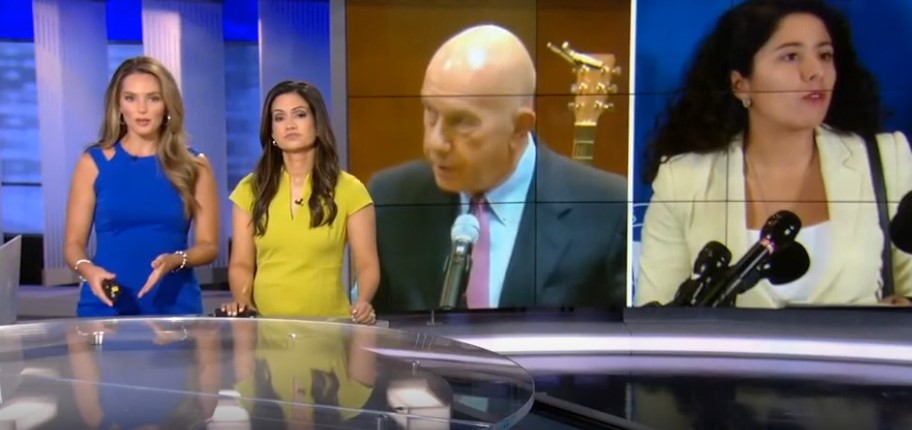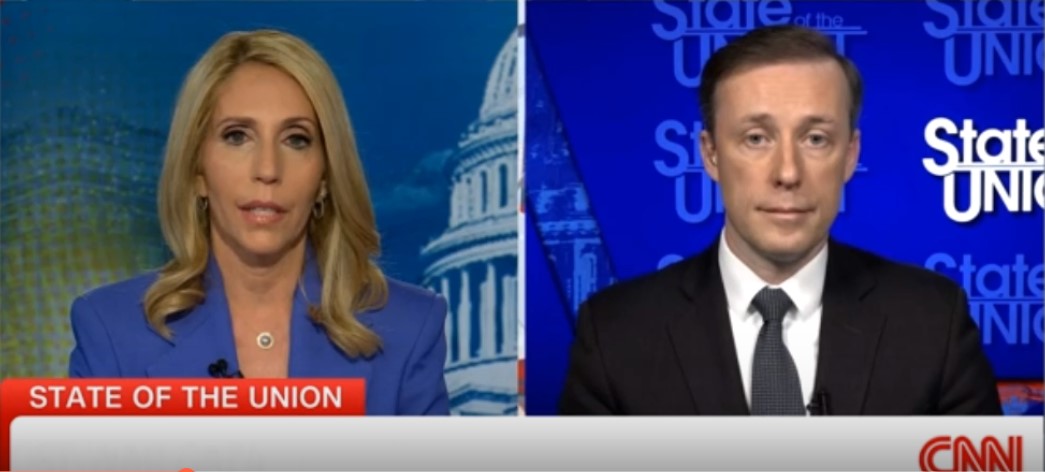Articles
The Terri Ammerman Group pairs decades of communications and media experience with relevant, current perspective. We understand the ever-changing needs and scenarios faced by companies, executives, and media professionals. Part of our training involves examining communications scenarios in real-time, so participants can clearly see what to avoid when speaking and what to say when delivering a clear, convincing message. Our team regularly offers perspective and insights on current situations through the articles posted here.

Don’t Pour Gas on a Burning Fire
It’s not unusual for some public officials to openly disagree with each other on a variety of issues. It goes with the territory. But it’s just not smart to use interviews or social media posts to take unnecessary potshots at each other. Two Houston politicians, Mayor John Whitmire and Harris County Judge Lina Hidalgo, have made it clear there’s...

Squeeze the Juice Out of a “Mundane” Topic
Have you ever attended a presentation that you assumed would be boring? Or have you been asked to deliver a presentation that you feared would put your audience to sleep? Well, we can say with confidence that a creative opening, one that surprises and even entertains the audience, can turn a mundane topic into an informational masterpiece that...

Don’t Give in to Interruptions
It is a standard and often annoying habit of television reporters to ask questions, then constantly interrupt people before they can finish their answers. Reporters will do this when they don’t like the answers or think the responses are going on too long. It’s a method reporters use to control the interview. If you are being interviewed,...

Don’t Let Reporters Put Words in Your Mouth!
Reporters love to put negative words in the mouths of people they interview. Why? Generally, this practice gives control of the interview to the reporter. More specifically, those negative words often lead to a great soundbite or quote for the reporter but one that doesn’t play well for the person being interviewed. It’s one of the media traps...

A Game Plan in the Face of Tragedy
In our media training workshops, we stress the importance of taking control of an interview from the beginning. This is done by thanking the interviewer for the invitation to speak, expressing empathy when appropriate and immediately launching into clear, concise messages that you have planned to deliver. We found an excellent example of this...

Determination and Energy Makes for Effective Messaging
The partial collapse of the Francis Scott Key Bridge is a human and economic disaster. The ramming of the bridge by a container ship has led to multiple fatalities and the temporary closing of the Port of Baltimore. As families mourn the loss of loved ones and the shipping industry copes with catastrophic disruptions to transportation, someone...

A Preemptive Strike Against the Media
Here’s the scenario: a public figure learns a major newspaper is preparing an unflattering story about her, so she publicly threatens to sue the paper for defamation if it publishes the article. The threat made by LSU women’s basketball coach Kim Mulkey went viral on social media. Mulkey claimed that a Washington Post reporter was not just...

That’s My Answer and I’m Sticking to It!
So, you have agreed to a media interview and are preparing for it by coming up with answers to anticipated questions. You realize that at least one of your answers won’t satisfy a persistent reporter, but you have decided it’s in your best interest to give it anyway. And you are determined to stick with that answer no matter how much it might...

Offering Negative Stuff About Yourself Not a Good Idea
It’s one thing to answer questions that might be embarrassing. It’s quite another to volunteer eyebrow-raising stuff about your life that no one has asked about, especially when it’s not relevant to matters you have agreed to discuss. Independent presidential candidate Robert Kennedy Jr. stepped into that trap when asked about his relationship...

Don’t Know? Don’t Bluff. Bridge to Key Message!
It’s virtually impossible to overemphasize the value of the bridging concept, a technique that empowers you to deal with any question while communicating a key message. Here’s how it works: you get a question that you can’t answer; you briefly address or acknowledge the question with a response such as “I can’t speak to that,” or “I don’t know;”...
